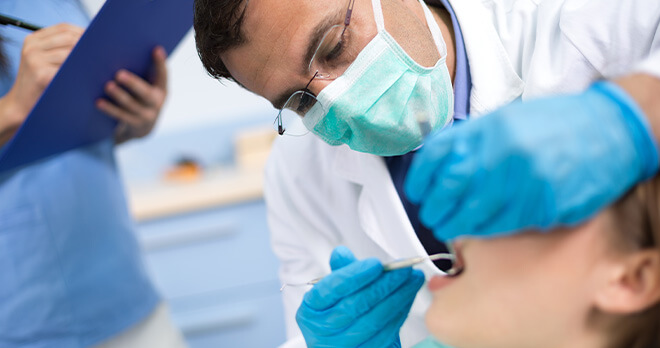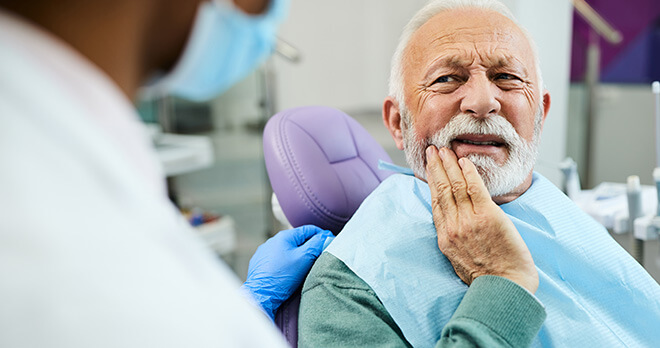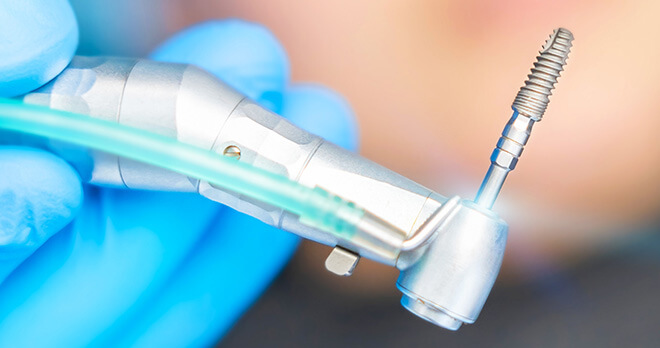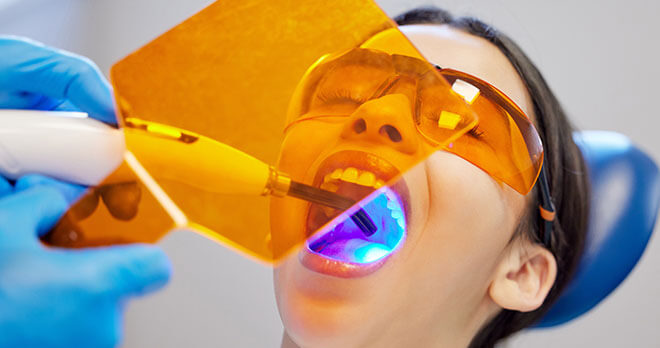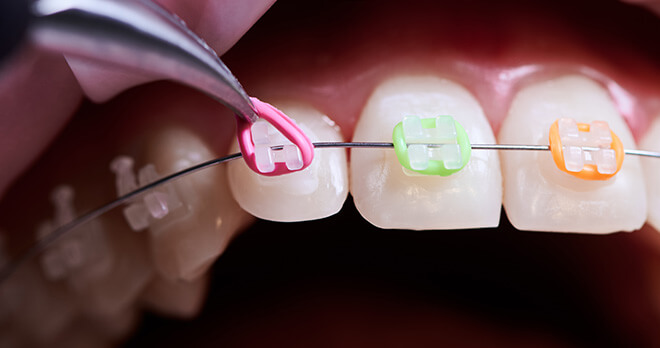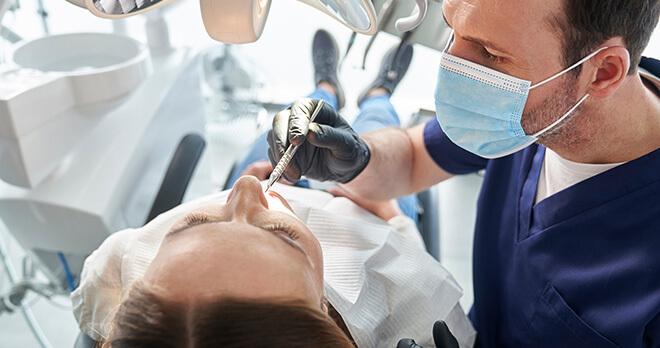What are the effects of e-cigarettes and smoking on oral health?
After recent news that disposable vapes will be banned in the UK, it is important to consider the impact that they have had. Disposable vapes have driven an alarming rise in children under 18 vaping, with reports suggesting that children using vapes in the last 3 years have tripled.
E-cigarettes are often used as a smoking cessation aid as their effects are less harmful than tobacco, although, they are not risk-free. The long-term health effects of vaping are still unknown, and there are vast amounts of research being conducted. The current NICE guidelines are that individuals should use e-cigarettes ‘for long enough to prevent a return to smoking’ and that they should stop using them ‘when they are ready to do so’.
Individuals switching from tobacco to e-cigarettes will see beneficial oral health changes as harmful chemicals, such as tar and carbon monoxide are not present in e-cigarettes.
However, those who have never smoked before are potentially exposing themselves to unnecessary risk as the consequences of e-cigarettes for oral health are still unidentified.
Gum Disease
It is well established that smoking can contribute towards negative effects on gum and oral health. However, there is some evidence to suggest that the use of e-cigarettes can cause inflammation in the mouth, which can lead to gum disease. Additionally, the EFP (European Federation of Periodontology) warns that vaping can be as damaging to gum and oral health. The reason behind this is that e-cigarettes still contain nicotine, which restricts the blood flow to the gums. Alongside other chemicals such as formaldehyde and propylene glycol which can harm the mouth. Ultimately, this will need further research although it does highlight the potentially damaging effects on oral health.
Symptoms of gum disease can include:
- Bleeding gums when brushing your teeth, flossing, or eating hard foods.
- Swollen, red and sore gums.
- Bad breath.
- Bad taste in your mouth.
In the early stages of gum disease, your dentist should:
- Provide advice on how to clean your teeth to prevent a build-up of plaque.
- Offer support and advice to stop smoking.
- Recommend seeing your dental hygienist.
However, in the advanced stages of gum disease you may require deep cleaning under the gums or gum surgery. Eventually, these symptoms can lead to your gums shrinking and your teeth becoming loose or falling out. To prevent this, you must listen to your dentist’s advice and ensure you are attending regular check-ups.
Conclusion
In conclusion, dental teams are in a great position to offer advice on smoking cessation and how this can improve people’s general and oral health. Dentists should continue to support and advise people to quit smoking, and e-cigarettes can be an effective mechanism. However, those who have never smoked before need to be cautious of the potentially damaging effects. If you are worried about the effect that smoking or the use of electronic cigarettes is having on your oral health, please contact your dentist to discuss this further.
Please look at NHS services which can help you to stop smoking:
NHS stop smoking services help you quit – NHS (www.nhs.uk)
Using e-cigarettes to stop smoking – NHS (www.nhs.uk)
Vaping to quit smoking – Better Health – NHS (www.nhs.uk)
If you have experienced any suspected side effects or safety concerns with e-cigarettes please use the Yellow Card Scheme to report these:
Yellow Card | Making medicines and medical devices safer (mhra.gov.uk)
Got a question?
You can call the team on 0800 923 2080 or message them to understand more about you potential compensation claim for dental negligence. We will get back to you at a time that is convenient to you.
Common claim types
Insights and opinions
View more articles related to Cosmetic dentistry, Crowns and bridges, Dental implants, Dental nerve damage, Extractions, Gum disease, Information, Mouth cancer, Orthodontics, Root canal treatment, Tooth decay and Wisdom teeth
